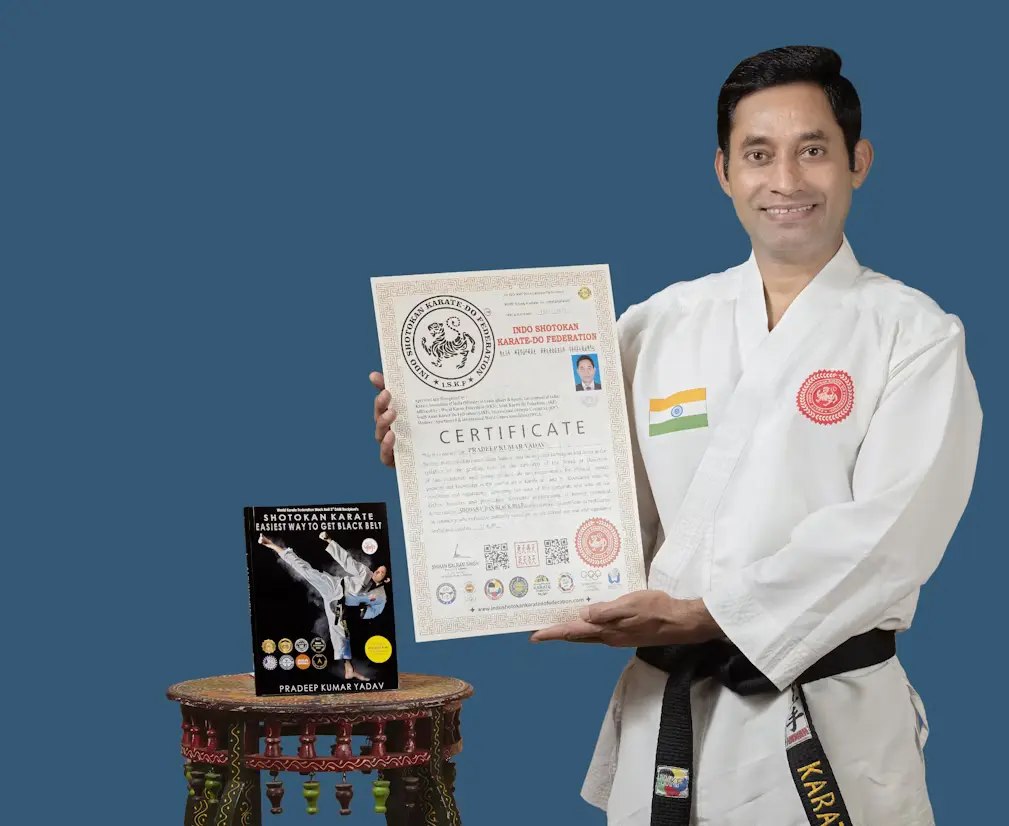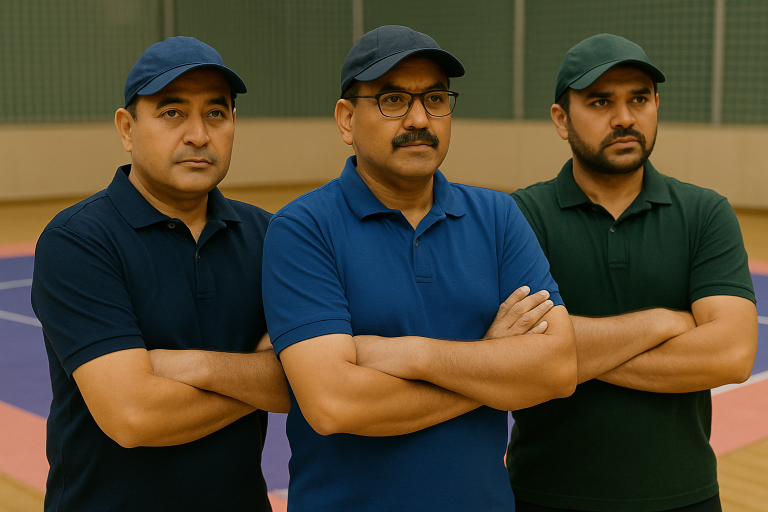Behind every record-breaking raid, pinpoint tackle, and trophy lift in the Pro Kabaddi League (PKL) is someone who’s often unsung — the coach. While the players grab all the headlines, it’s the coaches who toil behind the scenes to create systems, identify raw talent, and turn plain juniors into superlative professionals. They don’t assemble teams; they construct dynasties.
With PKL as a global phenomenon now, coaching has been more strategic, scientific, and important than ever. These sideline generals review the game in depth, work tirelessly, and know when to give the pep talk or the screw turn. Their signature is on each win and each new victory star.
In reality, the tactical value of coaching in contemporary kabaddi has even influenced the realm of sports betting. Punters, making smart decisions for online kabaddi betting, increasingly consider coaching style, substitute usage, and leadership trends. Sites now monitor coaching histories and statistics along with player form, providing punters with an additional level of understanding regarding how matches may develop.
The New Era of Kabaddi Coaching
Those are the days behind us when kabaddi was all instinct and improvisation. Trainers now combine the old-school grit with cutting-edge preparation, combining data analysis, psychological conditioning, and tailored fitness programs to unlock team potential.
Soon after coaching began gaining strategic attention, sportsbooks began highlighting featured coaching clashes and styles in big PKL showdowns. Their preview pages, similar to Melbet ID, now address coaches the way chess players do. Making moves that influence the game in ways viewers may not always notice but sense nonetheless.

They’re half strategist, half motivator, half mentor. Others are retired kabaddi greats who’ve taken their on-mat wisdom to the leadership position. Others are sports science or military experts, bringing a new, disciplined sensibility to the sport.
With increasingly more money invested in coaching support, nutritionists, psychologists, and analysts often sit in with head trainers to prepare players physically and mentally for longer seasons.
The Most Powerful PKL Coaches of All Time
While there are several who’ve contributed to the evolution of the league, there are a few names that are particularly notable — individuals who’ve performed regularly, scouted talent, and changed the way kabaddi is coached and played.
A look at some of the most impactful PKL trainers who’ve turned teams — and careers — around:
Legendary PKL Coaches and Their Impact
| Coach Name | Team(s) Coached | Known For |
| Rakesh Kumar | Haryana Steelers | Player-turned-coach who inspires young defenders |
| E. Bhaskaran | Tamil Thalaivas, U Mumba | Building team chemistry and scouting raw talent |
| Randhir Singh | Bengaluru Bulls | Turning juniors into stars like Pawan Sehrawat |
| Manpreet Singh | Gujarat Giants, Patna Pirates | Defensive genius with a motivational leadership style |
All of these coaches have shown the rare ability to win matches in addition to developing players from scratch. Their camps are not merely about practice drills — they are psychological battlefields where confidence is established and potential unleashed.
Converting Juniors into Superstars
Every star raider or all-rounder used to arrive wide-eyed and untamed. What turns a debutant one-game wonder instead of a shining PKL career is typically a coach’s faith and system. PKL trainers are known to provide raw, maybe underidentified talents, room to flourish.
Manpreet Singh, for instance, spotted several unsung players in local trials and molded them into league regulars. His disciplined defensive placements and patience with novices have made Gujarat Giants one of the most defensively stable sides.
Similarly, Randhir Singh has also become synonymous with constructing destroyers. Under his leadership, Pawan Sehrawat transformed from a mid-table talent to a league-fearful raider. His success didn’t win just games — it transformed the manner in which teams play offense.
What Sets Top Coaches Apart
Great kabaddi coaching goes far beyond strategy. Great trainers know how to read a player’s mind, change approach in mid-game, and create a team culture based on desperation and trust.
Let us proceed to the final section after taking a moment to consider the most critical features that turn mediocre coaches into legends of the PKL world.
Traits of Great Kabaddi Coaches:
- Talent Identification: Excellent coaches have a good eye for fresh talent and can identify potential earlier than others.
- Tactical Creativity: They’re not afraid to change defensive strategies or raid orders based on the opposing method.
- Inspiring Leadership: Coaching is not merely a matter of technique — it’s psychological. The ability to motivate a team after a loss is key.
- Consistency & Flexibility: The kabaddi calendar is demanding. Successful trainers adapt quickly and demonstrate consistency in performance.
These pieces together form the coaching pillar of teams that are turnarounds from underdogs to title contenders within a season.
Coaches Who Are Icons
Some PKL trainers have reached a stature where their name itself is respected. E. Bhaskaran, through his deep tactical acumen and scouting skills, is admired by franchises. He does not just build winning teams — he builds systems that last more than a season.
Rakesh Kumar, a former tough raider himself, now calls the shots as a thoughtful and player-friendly coach. His experience of playing mat gives him an edge in handling high-pressure game situations, allowing him to connect with players on the platform of empathy.

Trophy hunters are not the ones they are interested in. These coaches build legacies — one player, one season, one quiet instance of inspiration at a time.
The Future Belongs to the Teachers
As the Pro Kabaddi League grows in stature, recognition, and international reach, coaching will become increasingly crucial. It’s not a matter of shaping raw material anymore. Success will be the privilege of the teams that have systems, structures, and the right brains on the bench.
In a sport dominated by gasp-inducing raids and nanosecond judgments, it’s simple to forget the hours of plotting and arm-twisting behind doors. But ask any trophy-winning player who made us think — and they’ll likely point to their coach.
Because in kabaddi, as in life, the people who teach us how to fight are often the same people who make us legends.


